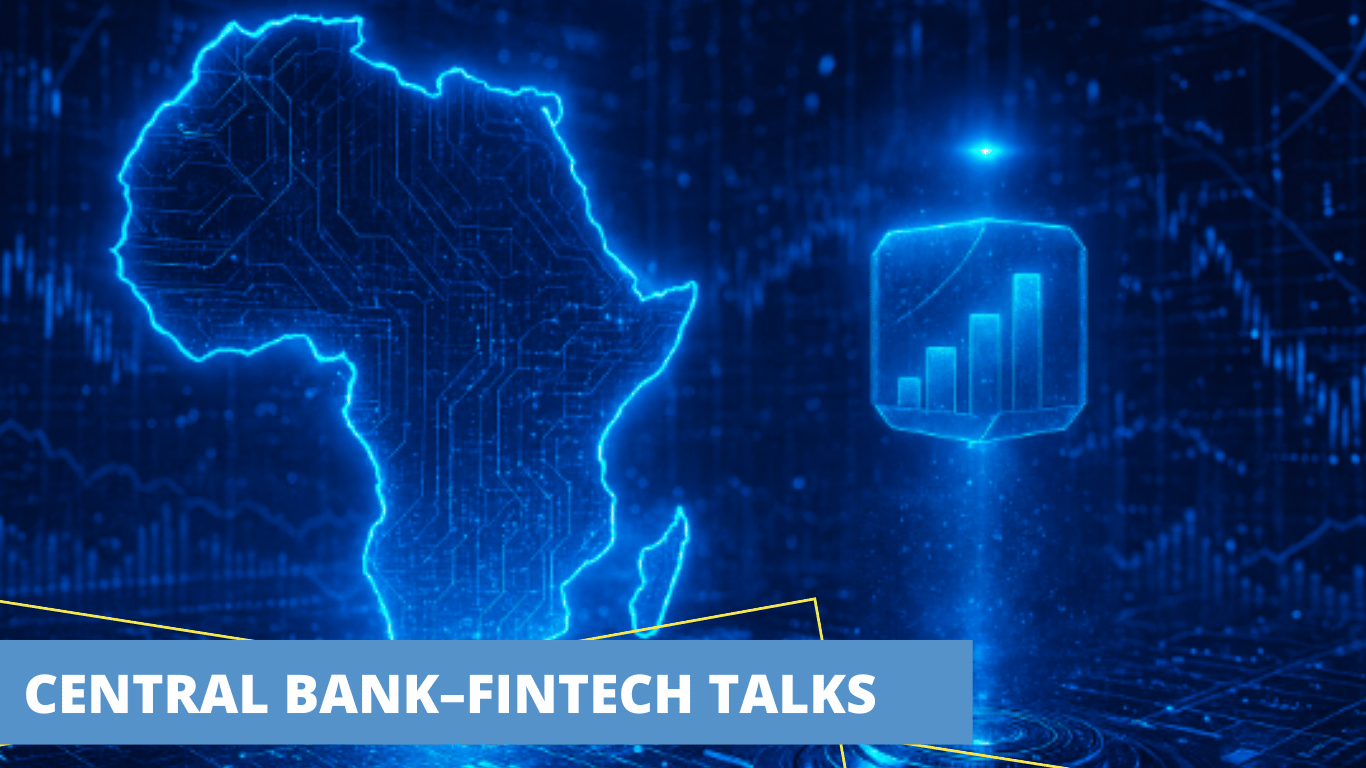Central Bank–Fintech Talks - Issue #580 Tuesday, October 28th 2025 08:30AM

The Focus
Nigeria’s central bank chose conversation over distance in Washington. The roundtable format mattered: it brought policy, investment, and operators into the same room and treated fintech as part of the financial system, not an adjunct. That change in posture can set the basis for rules that are practical in the field and credible with markets.
The core problem in fast-growing digital finance is coordination. Treasurers want predictable rails; founders need clear licensing outcomes; banks must manage risk under real-time pressures. A closed process yields rules that miss operational detail and stall adoption. An open process can align supervision with how payments, identity, and data actually move across networks in Nigeria.
Interoperability came through as a priority. Fragmented schemes raise costs, weaken fraud controls, and slow settlement. A central bank can convene on data formats, dispute flows, and uptime expectations that apply across providers. That step improves consumer protection and reduces reconciliation errors without freezing innovation. It also supports investor confidence; consistent technical standards lower integration risk for global partners considering Nigeria as a payments hub.
Market confidence depends on more than standards. The audience in Washington cared about dependable oversight after a volatile period for crypto and high-risk products. A policy line that welcomes experimentation, demands verifiable controls, and insists on clear incident reporting gives firms room to build while maintaining trust. Nigeria’s sandbox already offers a template; the next turn is scaling lessons from pilots into sector-wide rules with defined service-level targets and consequences when targets are missed.
Success will be visible in everyday outcomes. Merchants will see fewer failed transactions at peak hours. Consumers will move value between wallets and bank accounts without friction. Banks will clear digital payments with shorter settlement lags and cleaner data. International providers will bring products to market faster because technical and compliance expectations are explicit.
There are constraints to address. FX availability, telecom reliability, and cross-border AML coordination still affect service quality and cost. A partner-led approach helps here as well; it surfaces issues early and directs supervisory attention to the points that unlock the most progress, such as shared fraud intelligence and standardized onboarding checks.
This is a bet on method more than a bet on any single technology. Policy built with operators tends to travel from conference rooms to codebases. If the Central Bank of Nigeria keeps this channel active—consultation papers with measurable proposals, pilots tied to public reporting, timelines that firms can plan around—the result will be a sturdier payments fabric and a wider path for inclusion.
Read the news:
Nigeria’s Central Bank Engages Fintech Leaders to Shape Future Policy
Your Voice Matters
Share your insights with us!
🚀 Join over 6,000 fintech professionals staying ahead of the curve.
Follow FinTech Weekly for expert insights & industry updates!









